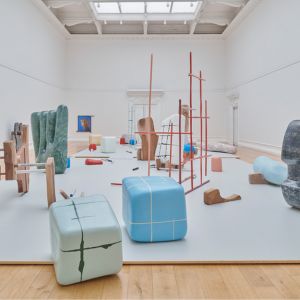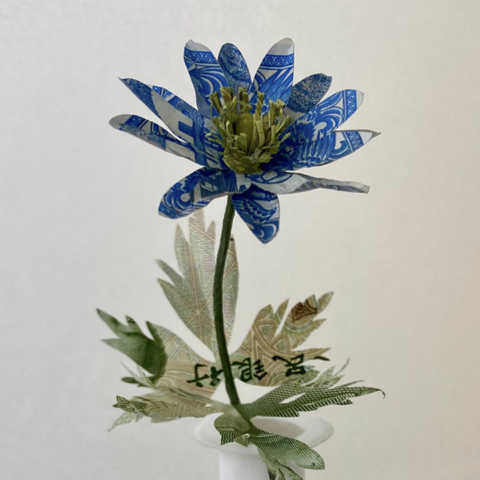Shanghai’s melting pot interiors
By Jo Phillips

Shanghai, a city of true opulence. China’s largest city and one of the world’s biggest financial players. However, this city isn’t all about big bank statements, basic office furniture and gleaming sky scrapers. Shanghai has a famously innovative interior design industry, influenced by both eastern and western aesthetics. Perhaps, it is due to its history of different parts of the city being under rule by foreign powers or maybe it’s the fingers it has in all the international pies and the vast amount of expats that come to the city. If you wish to look at Shanghai’s interiors in more detail, the book ‘SHANGHAI: An Interior Design Reference’ by Casey Hall, will look great in your living room. Hall divides the Shanghai interiors to Residencies, Hotels, Restaurants/Bars, and Inspirations. The city’s interior delights are definitely put on full show here.
She states that ‘the eternal struggle between old and new, East and West, has been raging in Shanghai for the best part of 150 years, and there will always be those who bemoan traditions lost, or desire what is shiny and new.’ Within the city’s interiors there has clearly been a push and pull between remaining loyal to design tradition and striving for the ultimate modern. However, why not combine them? Why not use that tension to establish a design aesthetic that caters to both? Within the buildings of Shanghai, there are definitely a few surprises to be found, such as the strong influence of Art Deco beginning in the 1930s that has endured and become a strong part of the mingled Shanghai aesthetic. To French Antiques combined with traditional Chinese ceramics. Shanghai is an example of the richness in design that can be borne from multi-cultural places.





